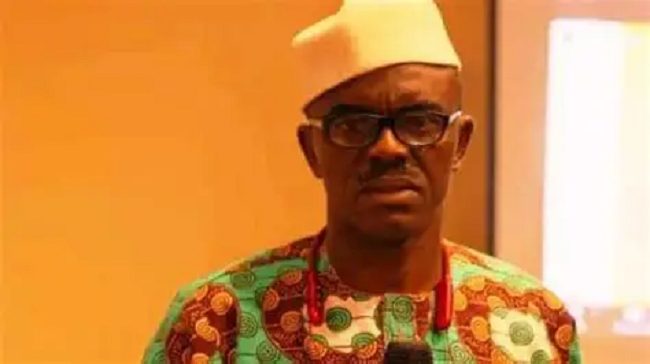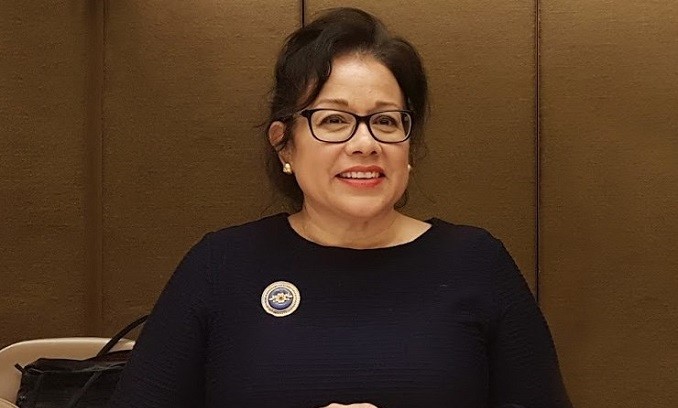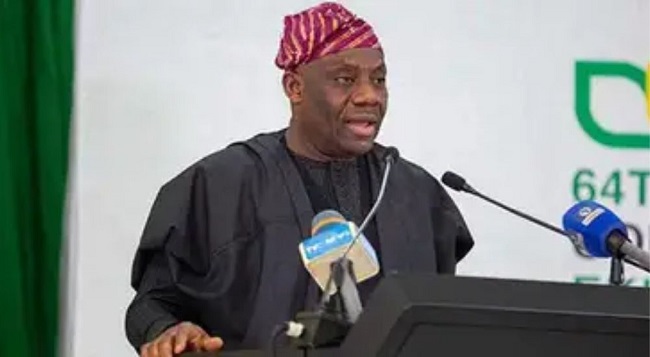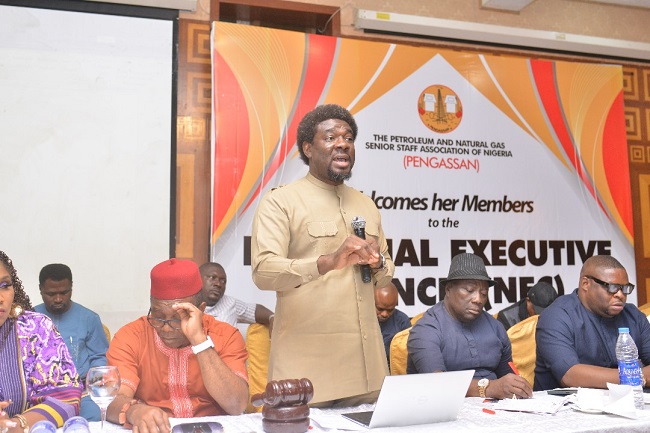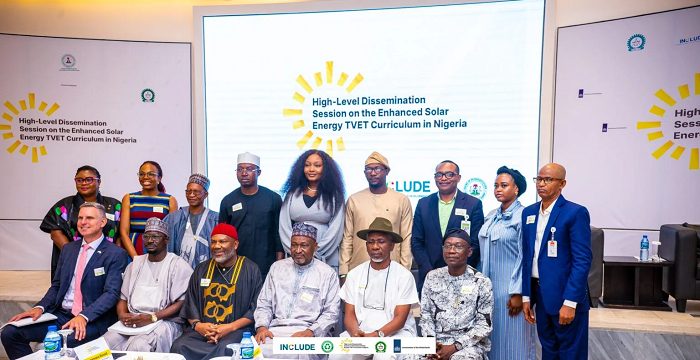The Nigeria Labour Congress (NLC) has declared that climate justice cannot be realised without social and economic justice for workers.
Mr. Joe Ajaero, President of the NLC, stated this at the launch of two publications on climate policies, organised in collaboration with the International Labour Organisation (ILO) on Thursday, August 21, 3035, in Abuja.
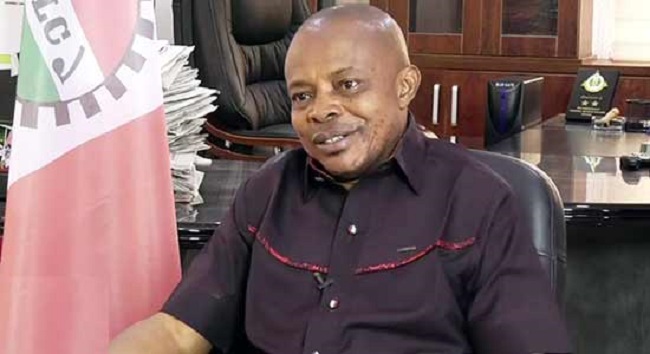
The publications included “The Nigeria Labour Congress Policy Paper on Nigeria’s Nationally Determined Contribution (NDC) 3.0” and “The Nigerian Workers’ Charter of Demands on Just Transition”.
Ajaero expressed concern that Nigeria’s earlier Nationally Determined Contributions (NDC 1.0 and 2.0) failed to capture workers’ interests.
He said that trade unions, labour standards, and decent work must remain central to NDC 3.0.
According to him, climate change is fundamentally a workplace issue, as it directly threatens jobs and workers’ health.
“Therefore, decent work, fair wages, and social protection must guide Nigeria’s Just Transition framework,” he said.
The NLC president commended both local and international partners for supporting the publications, and urged workers and activists to use them as tools for advocacy.
He, however, cautioned that workers must “organise, not agonise” in the struggle for climate and social justice in Nigeria.
In her remarks, Mrs. Omotenioye Majekodunmi, Director-General of the Nigerian National Council on Climate Change (NCCC), praised the NLC and ILO for their efforts.
Majedkodumi, who was represented by Mrs. Jummai Vandu, a Climate Change Specialist, described the NDC 3.0 as a strategic investment plan aligned with Nigeria’s National Development Plan and global climate targets.
She explained that NDC 3.0 provides clear emission reduction targets, promotes renewable energy, and embeds labour rights, ensuring that social dialogue and worker protection remain central to Nigeria’s climate transition.
Majekodumi reiterated NCCC`s commitment to implement transparent carbon market frameworks, operationalise the Climate Change Fund, and provide social safety nets and retraining programmes to guarantee a just transition for Nigerian workers.
Also speaking, Ms. Inviolata Chinyangarara, ILO Senior Specialist, commended the NLC for producing the advocacy documents.
She noted their importance in integrating workers’ concerns into Nigeria’s climate change response and sustainable development agenda.
Chinyangarara said the publications would enrich national discourse, ensuring workers are protected throughout Nigeria’s transition to a low-carbon economy while promoting decent work, social protection, and equal opportunities.
She stressed the need to prioritise job creation, skills development, and capacity building, particularly for vulnerable groups, so that no worker is left behind in Nigeria’s climate transition.
The specialist pledged the ILO’s continued support through engagement in NDC revisions, Just Transition guidelines, and international knowledge sharing, adding that Nigeria’s example should inspire other African nations.
Mr. Ezekiel Adudu, Director of Special Duties and Projects at the Ministry of Labour and Employment, described the policy paper as a blueprint for an inclusive transition, emphasising that no worker should be excluded.
Adudu reaffirmed the government’s commitment, under the Renewed Hope Agenda, to partner with international bodies in ensuring that climate policies promote sustainable practices and protect workers’ rights across all sectors of the economy.
By Joan Nwagwu


